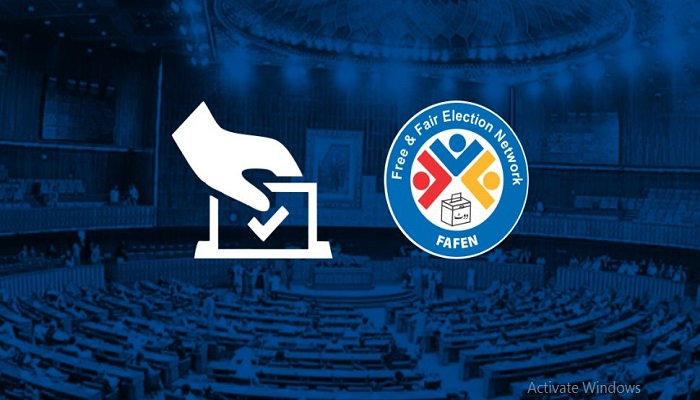ISLAMABAD: The Free and Fair Election Network (FAFEN) has urged the Election Commission of Pakistan (ECP) to release the decisions made by returning officers (ROs) regarding objections to candidate nominations and the rejection of nomination papers on its website by Monday. In a press release issued today, FAFEN emphasized that making the decisions of ROs public would contribute to a more informed discourse and enhance electoral transparency.
FAFEN argued that the ECP should exercise its authority to publish these decisions on its website, stating that such a move would be instrumental in countering any disinformation and misinformation on the matter. The group asserted that by sharing the decisions of ROs, the ECP would empower citizens to understand the rationale behind these decisions, fostering informed opinions about the electoral process.
[embedpost slug=”nomination-papers-of-1179-na-3094-pk-seats-approved/”]
This measure, according to FAFEN, would not only strengthen the transparency of the electoral process but also act as a safeguard to its credibility against the spread of misinformation and disinformation often arising from incomplete information. FAFEN urged the ECP to scrutinize whether the ROs adhered to the provisions of the Elections Act 2017 regarding the acceptance or rejection of nominations and take action against officials who failed to comply.
These remarks from FAFEN come in the wake of allegations by the Pakistan Tehreek-e-Insaf (PTI) claiming an unfair playing field in the upcoming general election. The party contended that its candidates faced mishandling by authorities during the filing of nomination papers, and even those who successfully submitted their papers saw subsequent rejections during the scrutiny phase.



















